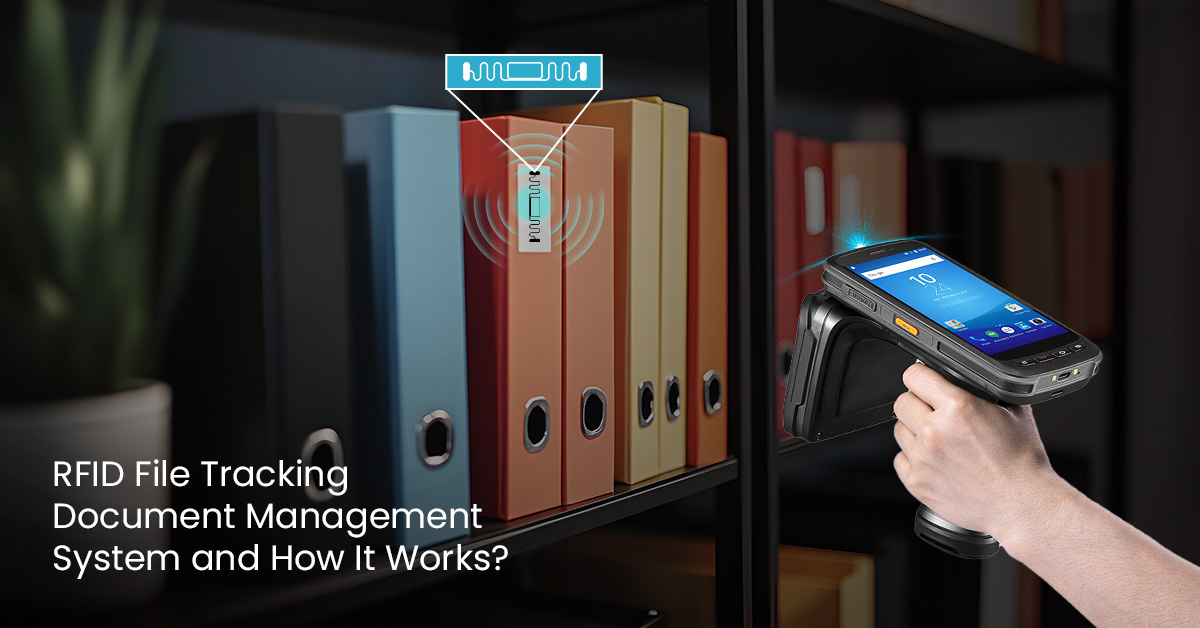In an era where one-click food delivery and instant customer service have become the norm, why should government services lag behind? The transformation from traditional bureaucracy to responsive governance isn't just a luxury or an afterthought – it's a strategic necessity. Imagine a city where every citizen complaint doesn't end up in a dusty register, forgotten and unresolved. Picture a system where your voice about that broken streetlight or delayed pension doesn't echo in an empty corridor but triggers immediate action. This may sound like utopian thinking but is doable with integrated citizen feedback management systems.
.jpg)
Getting over the Status Quo: Why Traditional Systems Fall Short
Imagine filing a complaint about a pothole in your neighborhood. In the traditional setup, you would visit a government office, wait endlessly, and rely on a paper-based system prone to errors and delays. This process often leaves citizens disillusioned and officials overwhelmed. An analogue register system struggles to handle the massive volume of grievances, leading to inefficiency, partiality, and unresolved complaints.
Moreover, governance structures historically operated in silos, with little room for citizen feedback. This approach creates a one-way street where citizens are passive recipients rather than active participants in public service delivery.
The Dawn of Unified Citizen Feedback Systems
A Unified Citizen Feedback Management System bridges the gap by digitizing and centralizing grievance redressal and feedback mechanisms. Think of it as a one-stop solution, much like the Unified Payments Interface (UPI) revolutionized digital payments. Take for instance India's MyGov platform which has engaged over 47 million citizens since 2014. The system's cumulative achievement of 21.7 million user registrations with 42,000 daily new registrations shows citizens' hunger for engagement when given the right platform. Here is how a unified feedback management system works:
Multi-Channel Feedback Collection: Citizens can voice grievances via portals, call centres, or mobile apps. This eliminates geographical and logistical barriers, fostering inclusivity.
Real-Time Monitoring and Escalation: Complaints that remain unresolved within a stipulated time are automatically escalated to higher authorities. For instance, a water supply complaint flagged in a village can quickly reach district-level officers, ensuring accountability.
Data-Driven Insights for Better Governance: Robust Management Information System (MIS) reports provide insights into recurring issues, systemic bottlenecks, and citizen satisfaction trends. For example, if multiple complaints arise about a specific healthcare facility, targeted interventions can be planned.
Randomized Feedback Mechanisms: Officials conducting outbound calls to gather random citizen feedback ensure transparency and break bureaucratic inertia.
Inside CSM Tech’s Seamless Citizen Feedback System
.jpg)
CSM’s Integrated Citizen Feedback System revolutionizes public service delivery by providing a unified platform for real-time citizen feedback and grievance resolution. This cloud-enabled solution, powered by Contact Centre as a Service, incorporates advanced features such as IVRS, automatic call distribution, outbound dialers, call recording, and AI chatbots. A centralized feedback system ensures seamless interaction between citizens and the government, enhancing transparency and accountability. It consolidates grievances, analyzes feedback, and maps resolutions while offering actionable insights into citizen expectations. With its scalable design, robust security through a three-tier open-source architecture, and randomization logic for transparency, this system optimizes service delivery, ensures departmental accountability, and fosters efficient governance. It’s a best-practice model for digital governance transformation.
Building a Feedback-Driven Democracy
.jpg)
Unified citizen feedback systems aren't just about digitizing complaints – they are about fundamentally reimagining the citizen-government relationship. As we move forward, the question isn't whether to implement these systems, but how to make them more inclusive, effective, and transformative. After all, in a true democracy, citizen feedback shouldn't be an afterthought – it should be the cornerstone of governance.


























































We will verify and publish your comment soon.